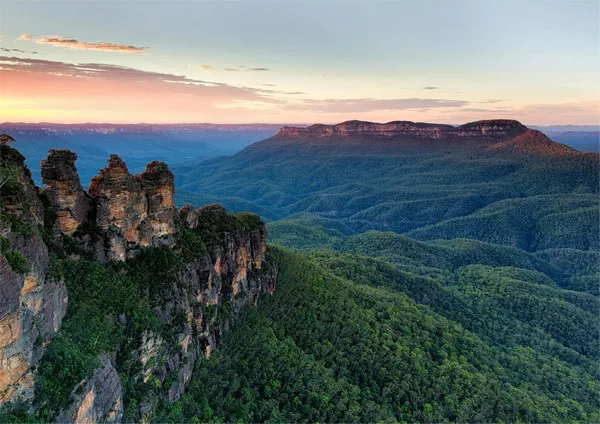Wellington, NZ — The co-leader of a Wellington conservation group is urging the culprits behind an illegal bike track to meet and understand the significance of restoring native bushland in Te Aro.
“I couldn’t believe it really; there were a few tears within the group when it happened,” Wild Aro co-leader Anthony Hawkins told 1News, reflecting on the destruction of native trees at Ngā Kumikumi/Devon Street Gully. “We’re trying to create a forest for everybody — it’s really something that has to be respected or it’s not going to work.”
The incident came to light over the weekend when a nearby resident alerted Hawkins.
“One of our people discovered them at night. She shone a torch on them, and they told her to go away,” Hawkins recounted.
A mountain biking “jump” was discovered where trees had been cleared. Hawkins reported that teenagers, equipped with a chainsaw and other tools, had worked over several nights to clear the area.
The affected area included slow-growing tawa, kahikatea, and miro trees, as well as nikau, māhoe, and other native species.
Wild Aro, which has been planting trees, trapping pests, and clearing weeds in the area for six years, is devastated by the loss. Te Aro School has also participated in tree plantings, with principal Sue Clement highlighting the benefit to students who enjoy seeing native birds and walking through the bush reserve.
Wellington Mountain Bike Club president John Baddiley expressed disappointment over the unauthorized trail building.
“We encourage everybody to work with landowners to get authorization,” Baddiley stated. “Our natural environment is important to all of us — there’s a right way and a wrong way to go ahead and build trails.”
He emphasized that the mountain biking community feels unfairly stigmatized by such incidents, which detract from the extensive volunteer work they do. Last year, the club dedicated 6,500 hours to trail building, trapping, and planting.
Baddiley noted the productive relationship the club has maintained with landowners across Wellington for the past 20 years.
A Wellington City Council spokesperson announced that temporary fencing and signage would be erected at the site, and the council would assist with replacement planting. Native trees planted by Wild Aro were provided by the council.
“The volunteer groups that we support undertake some incredible mahi for Poneke to help nature and people thrive, so it is incredibly disappointing to hear of incidents like this,” the spokesperson said.
A park ranger has assessed the damage, and the council plans to collaborate with mountain biking groups to disseminate the message that unauthorized work is not supported by the community. The council urges the public to contact them before creating trails, emphasizing the process in place for new developments.
Both the council and Wild Aro will continue to monitor Ngā Kumikumi reserve, increasing surveillance and installing signage in the wake of the incident.
“If you come across people undertaking covert works in our Parks and Reserves, please call the Council so that we can follow up promptly,” the council advised.


